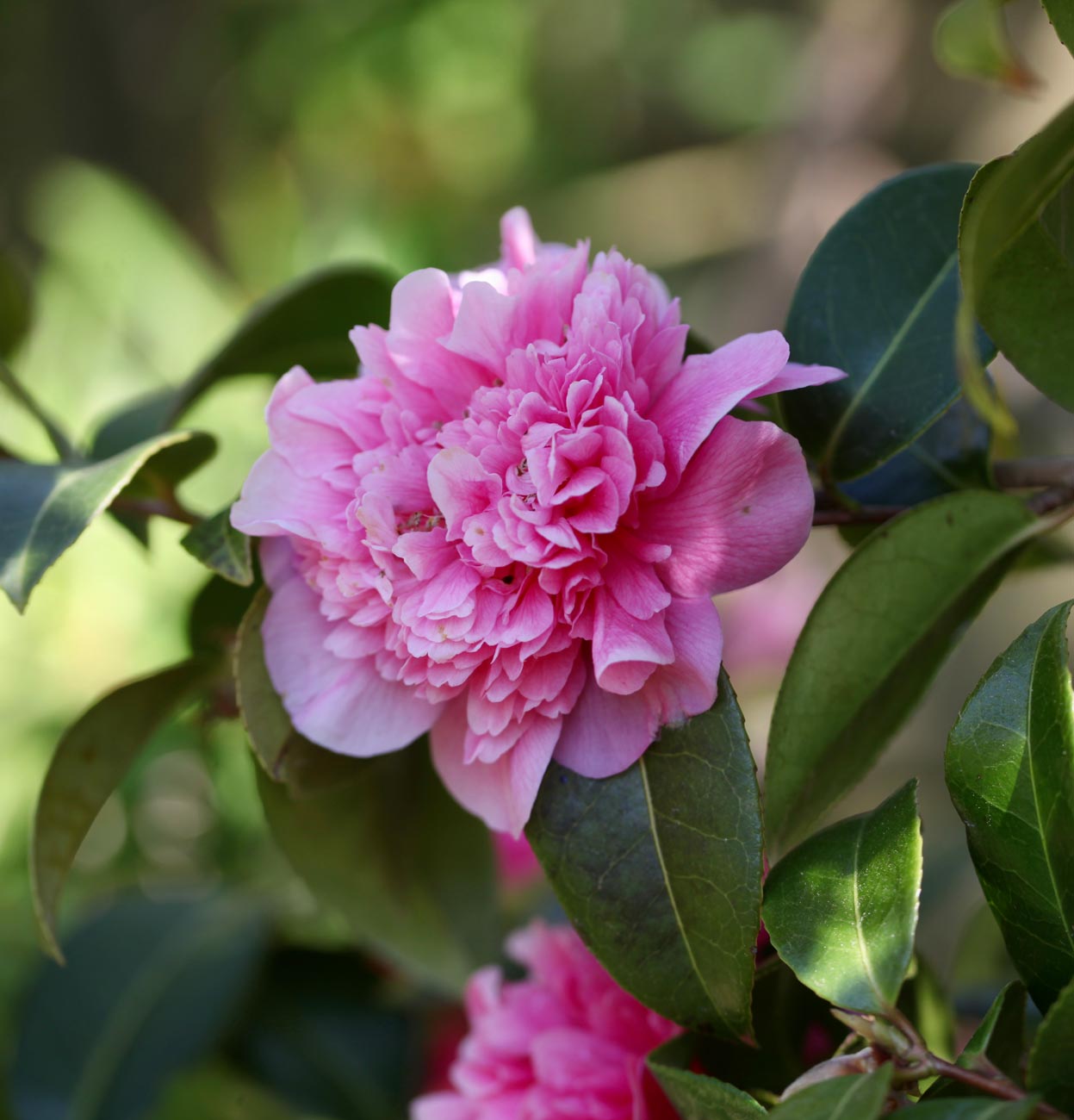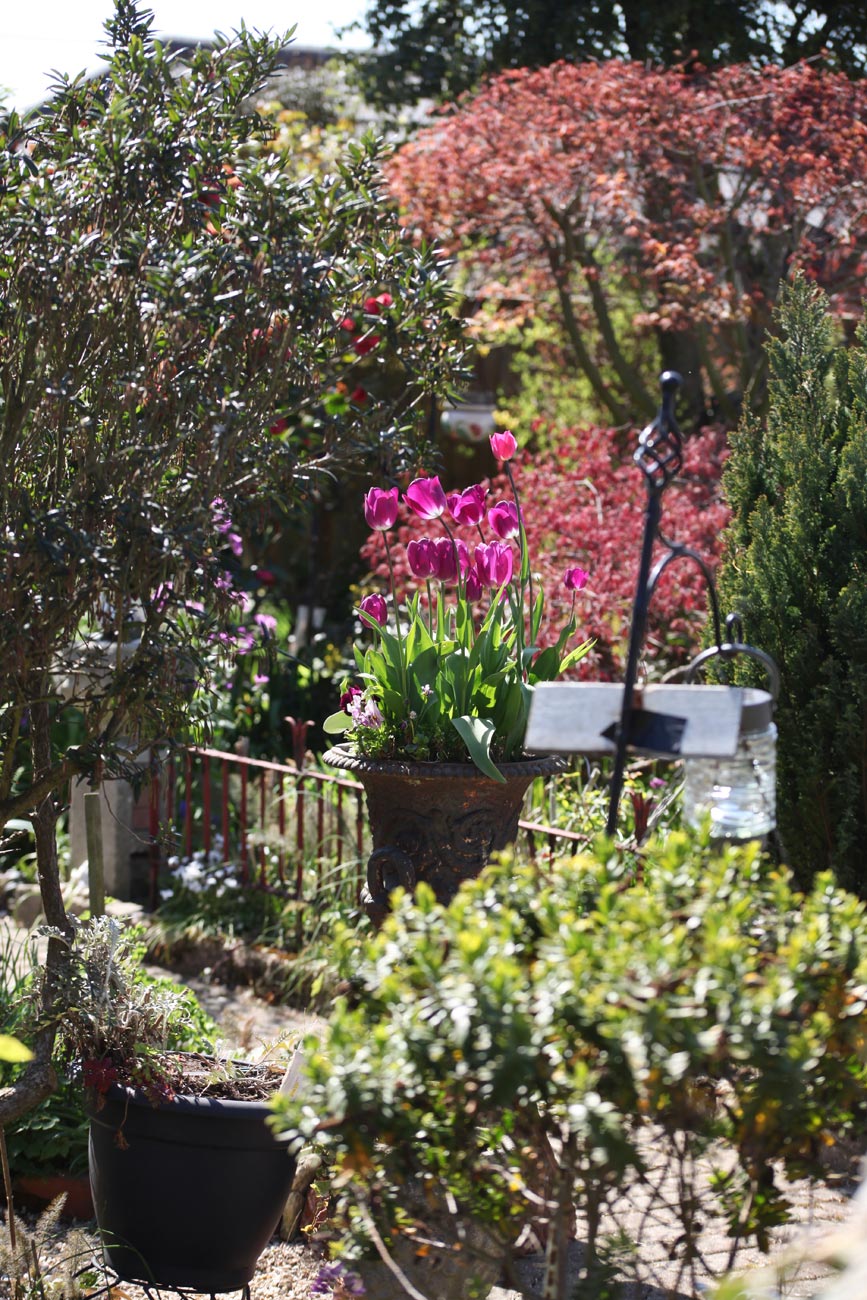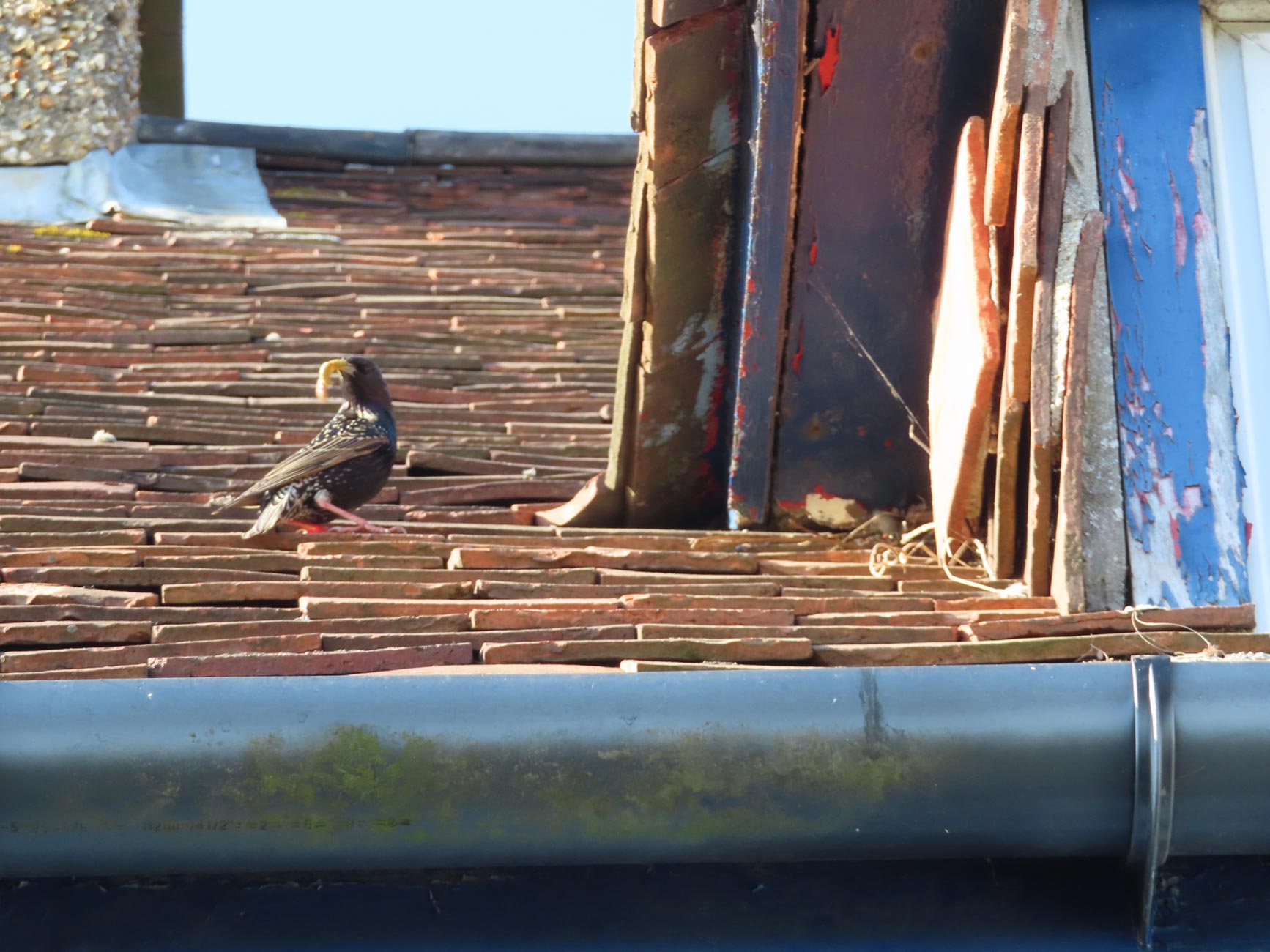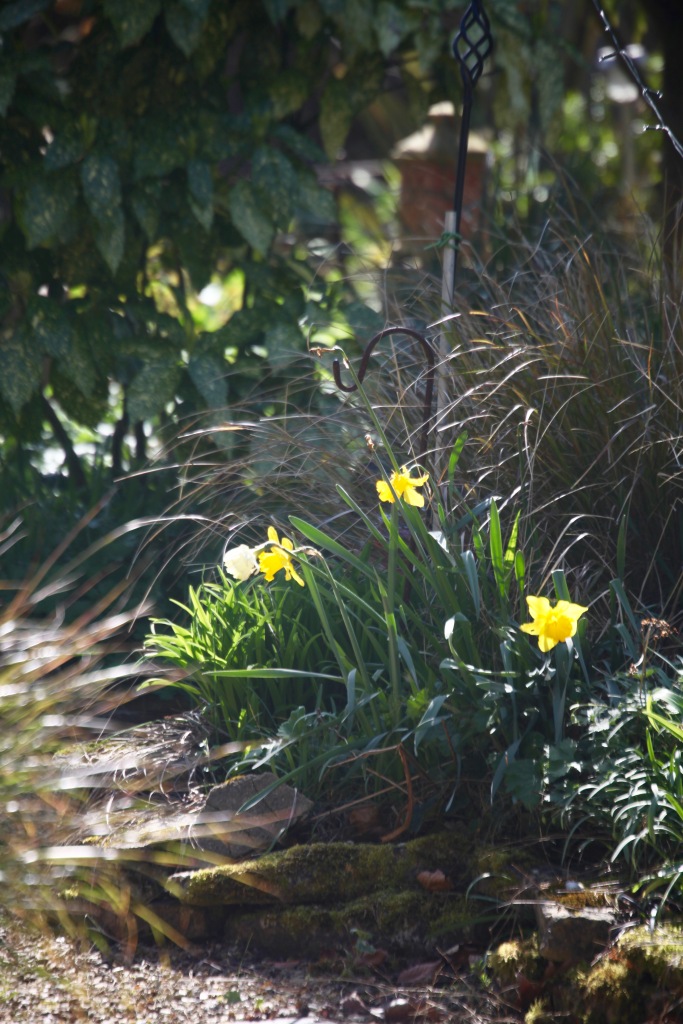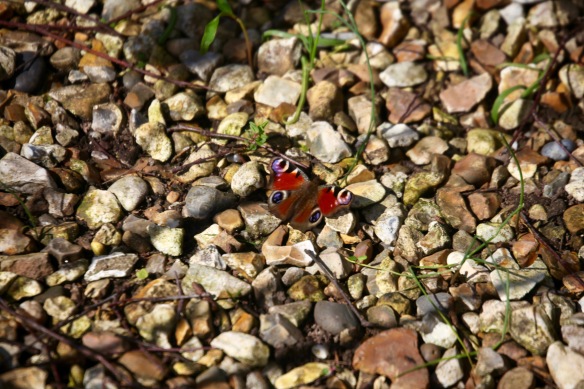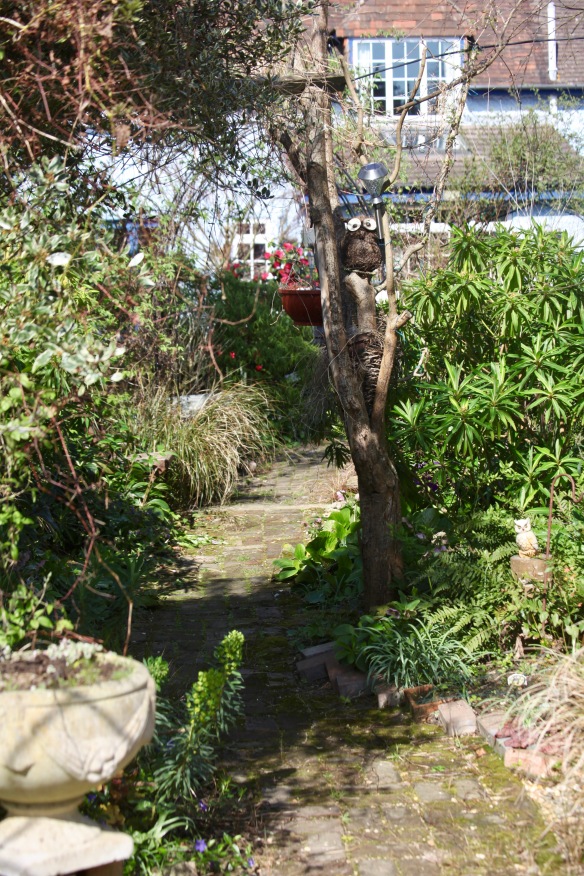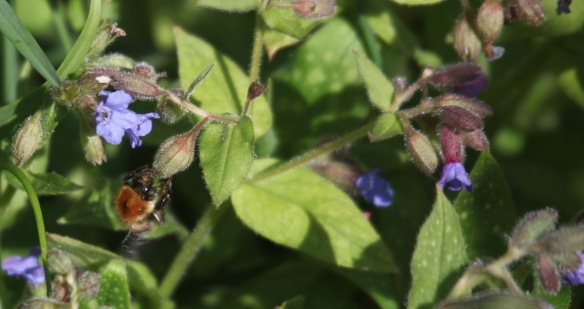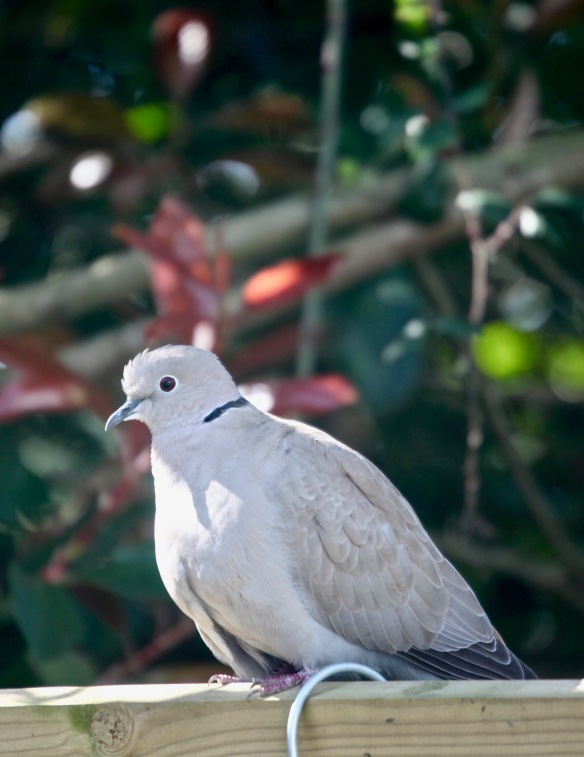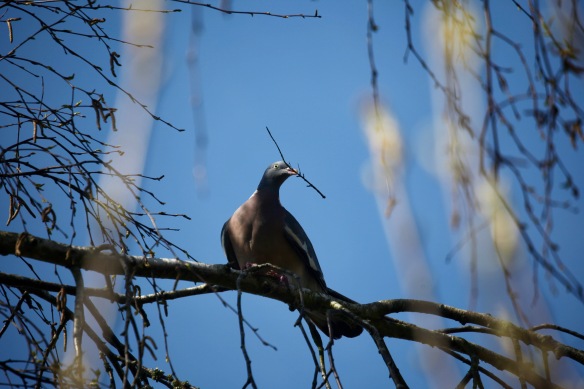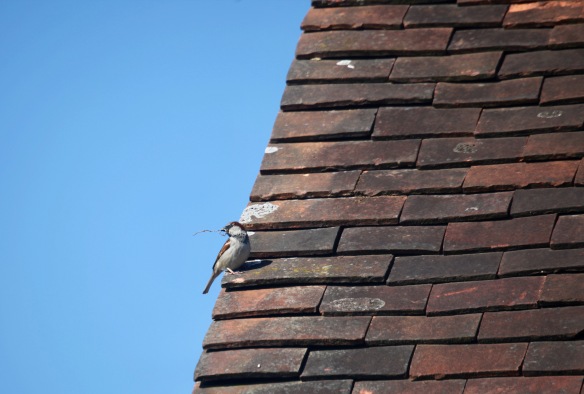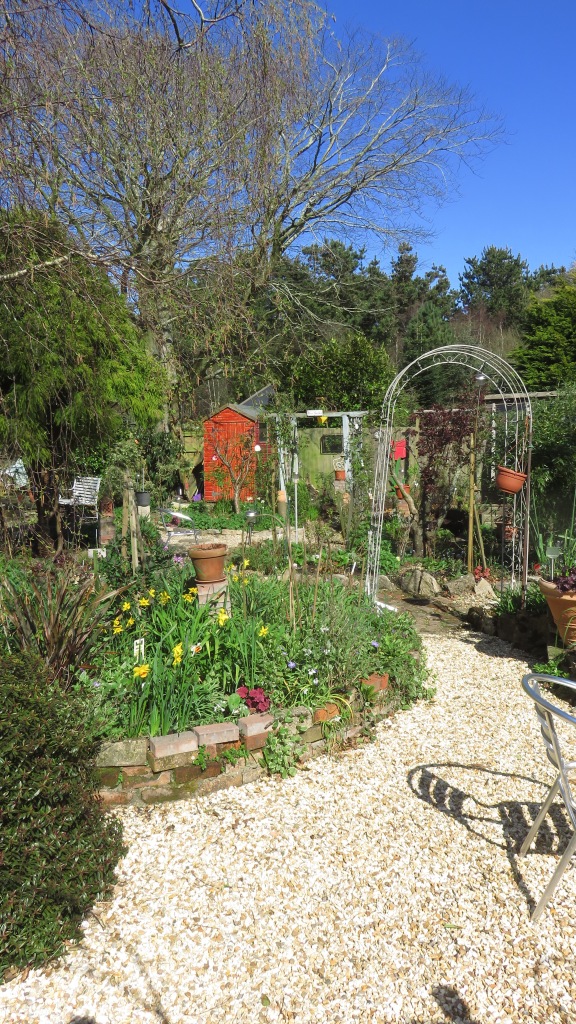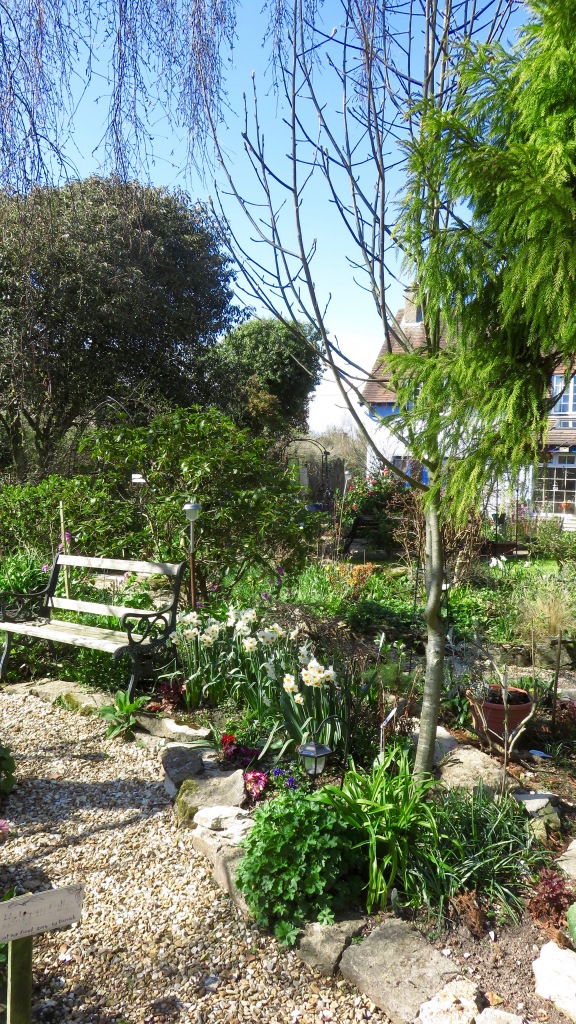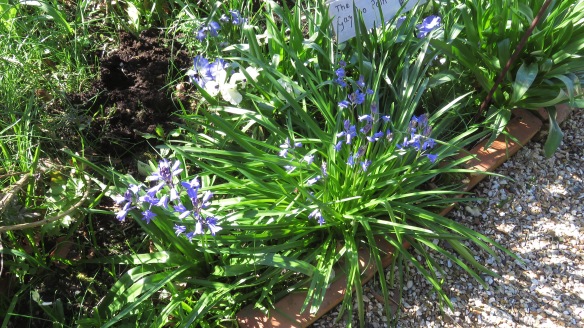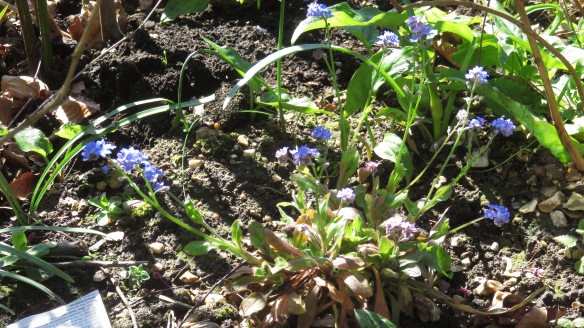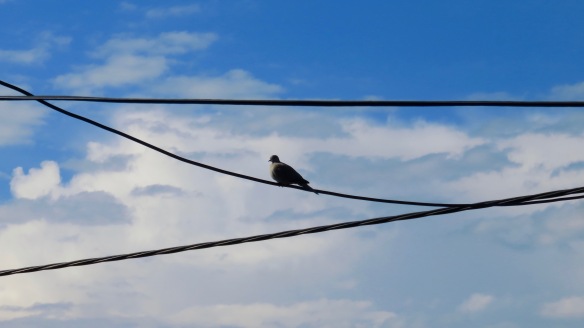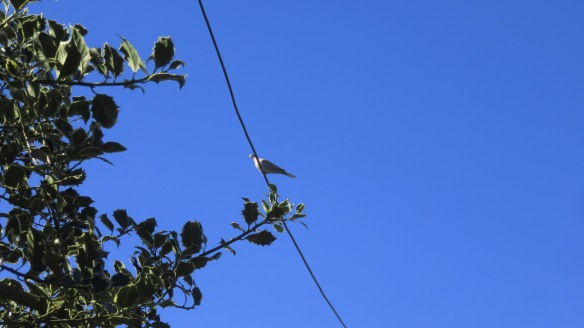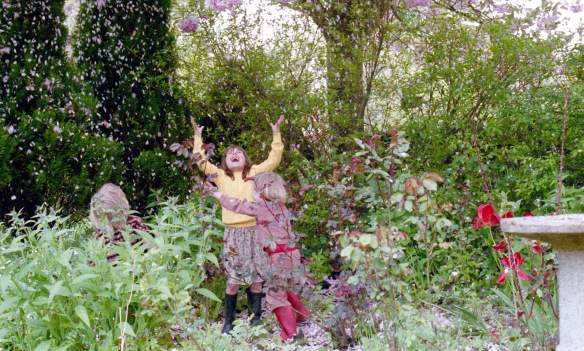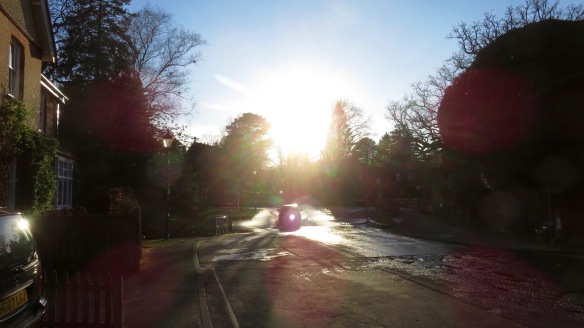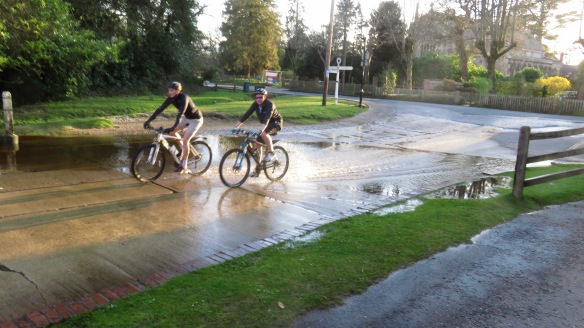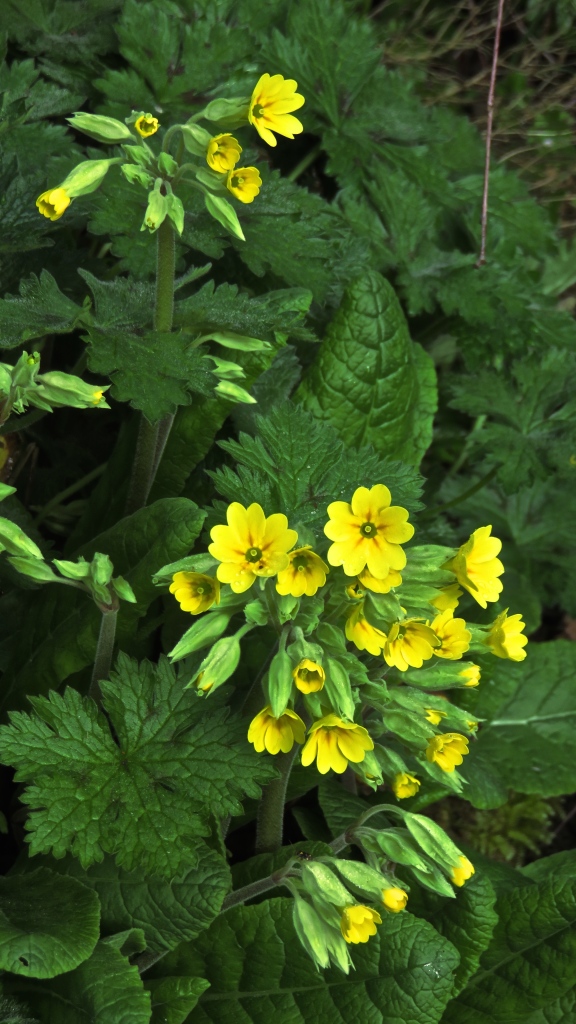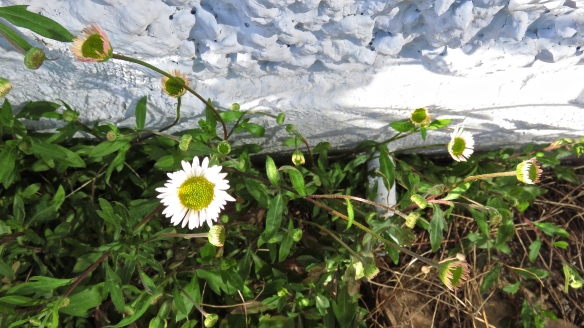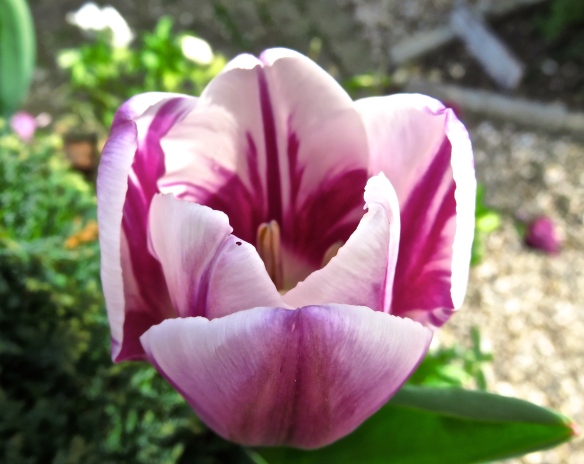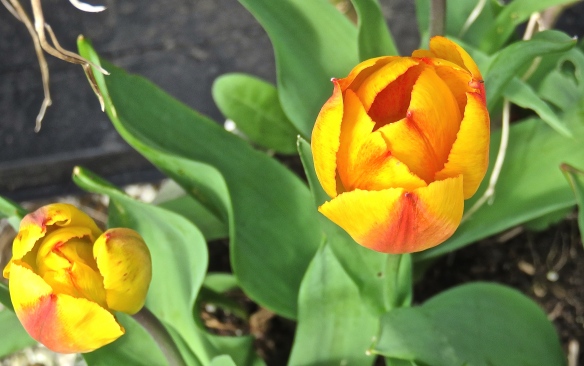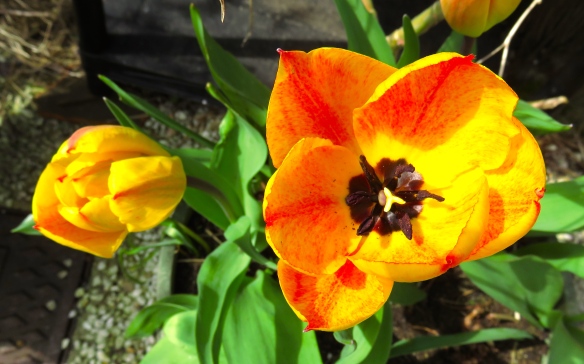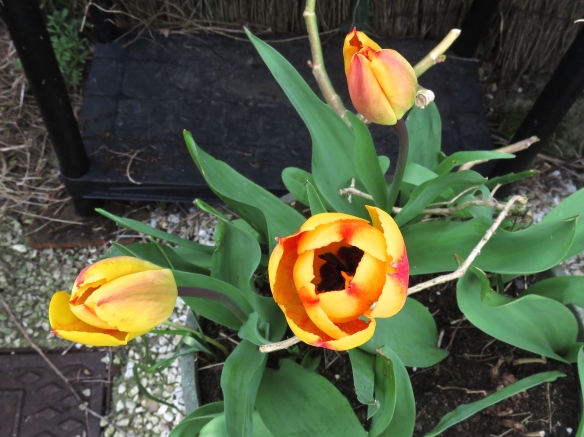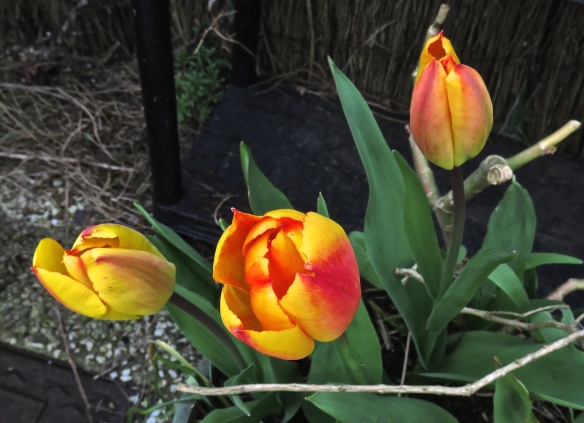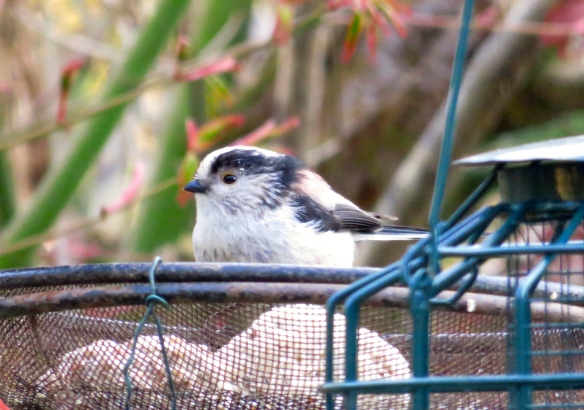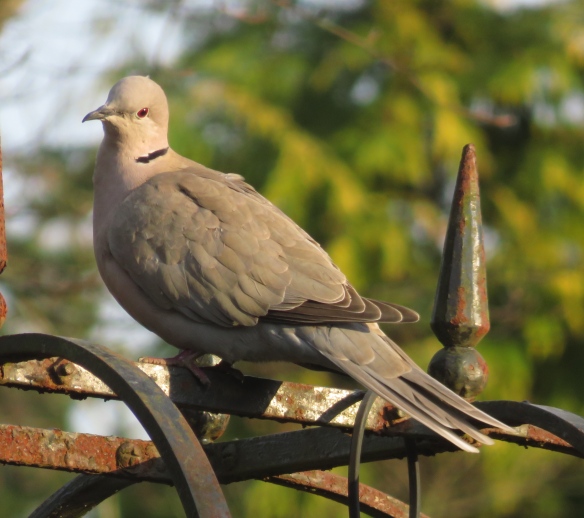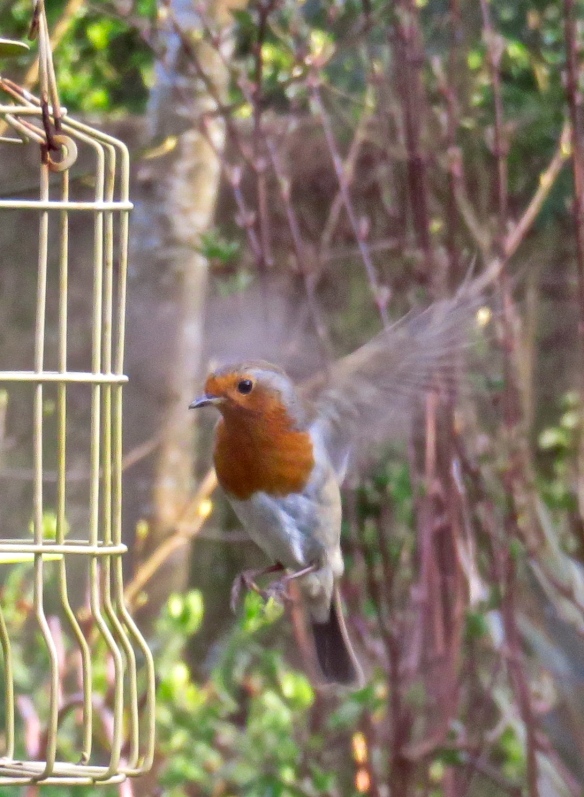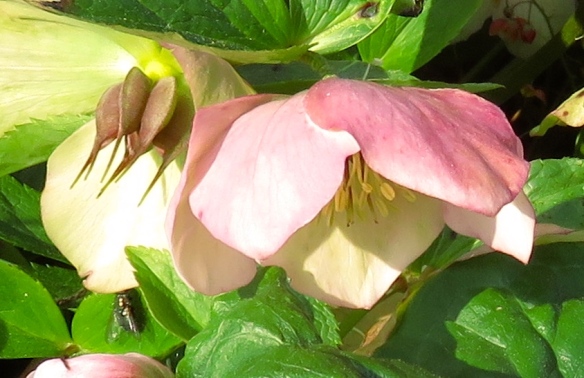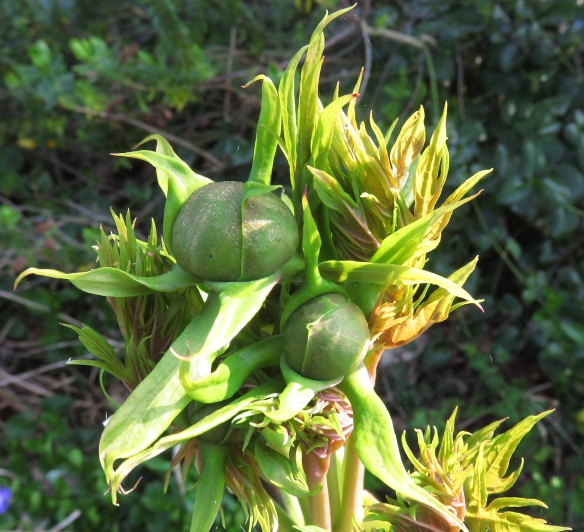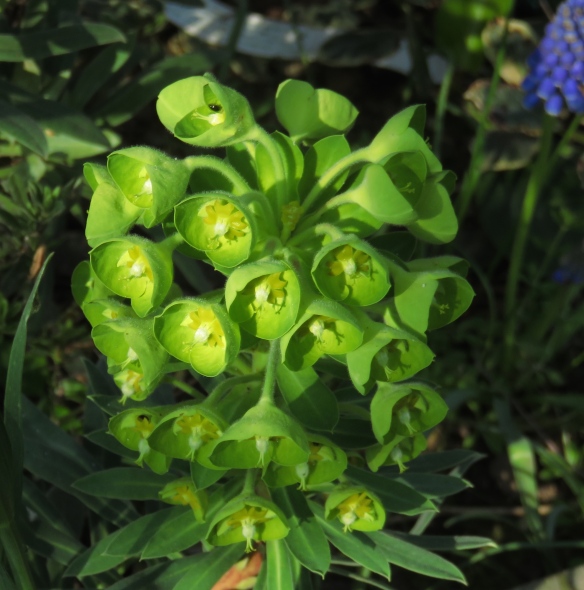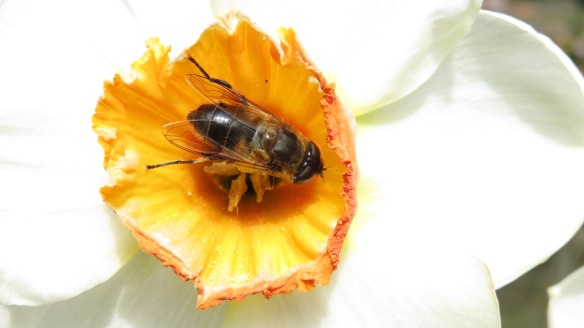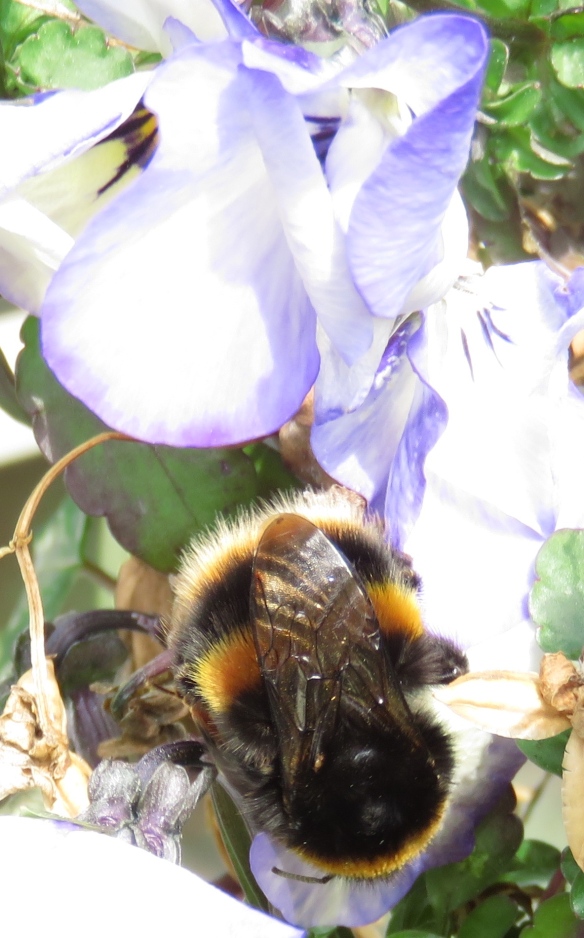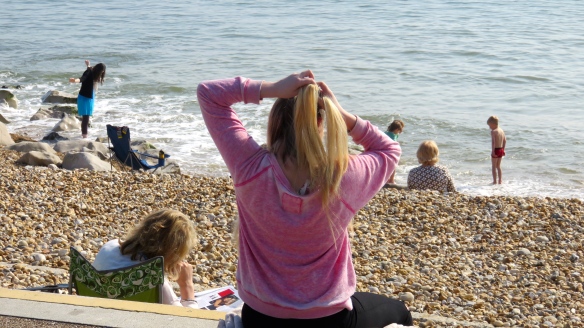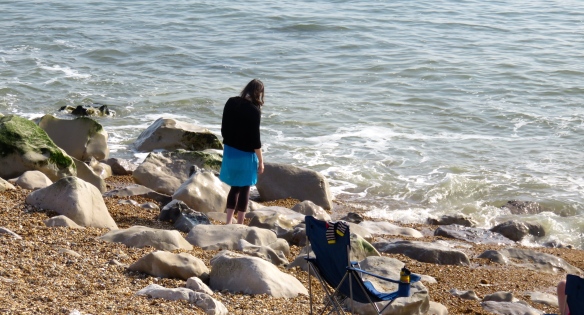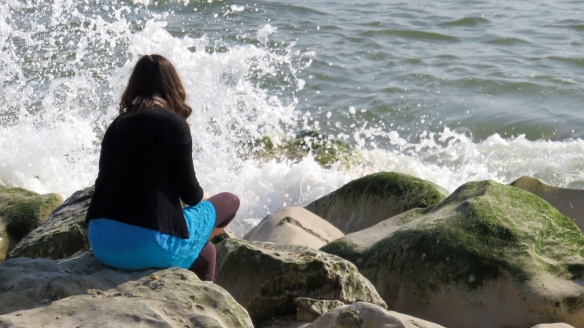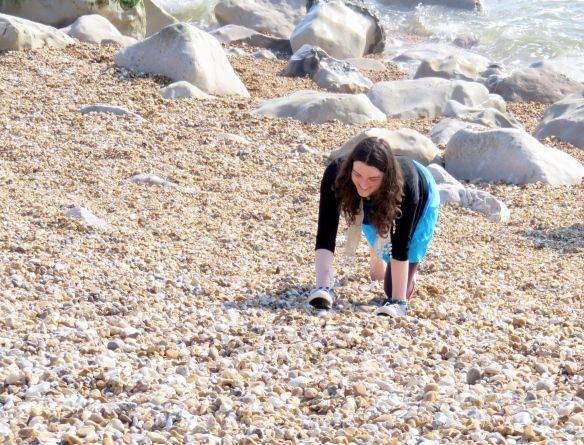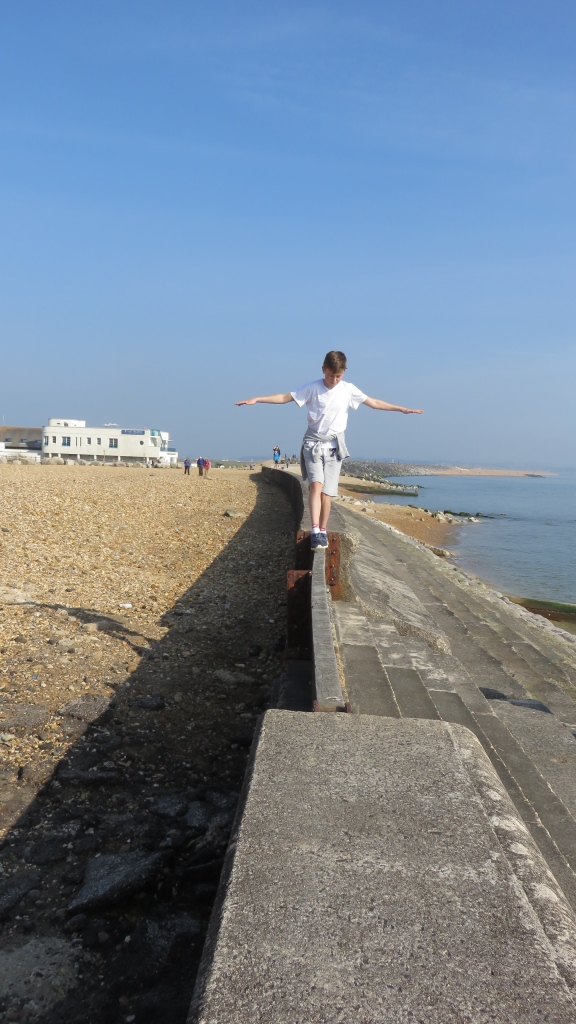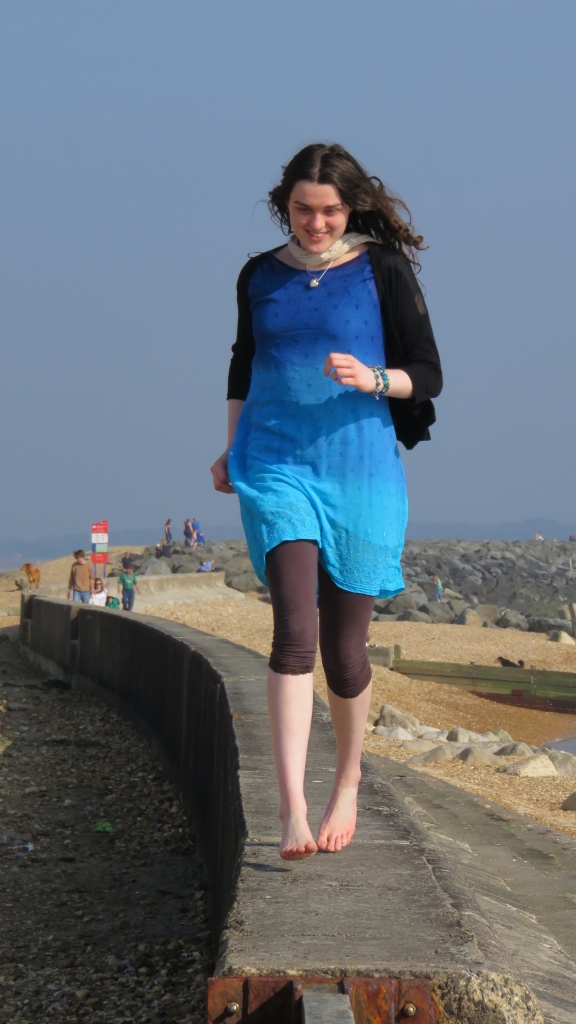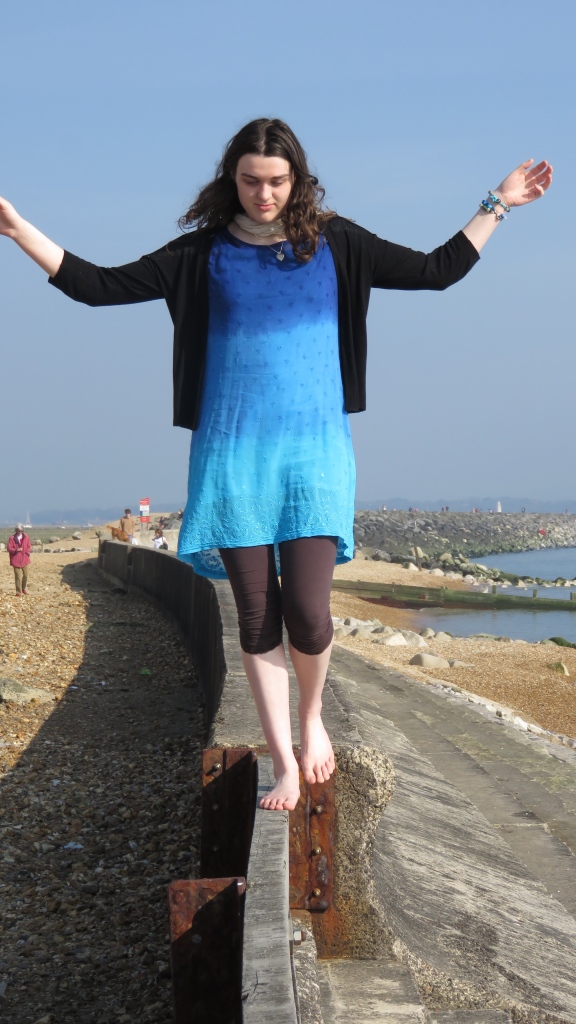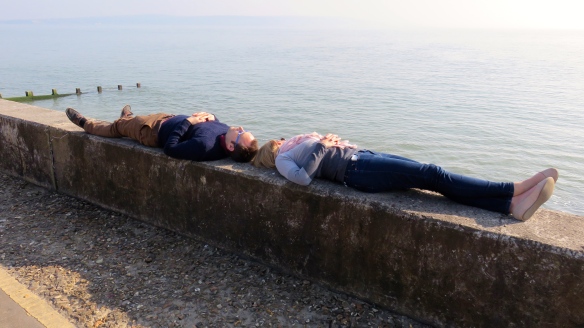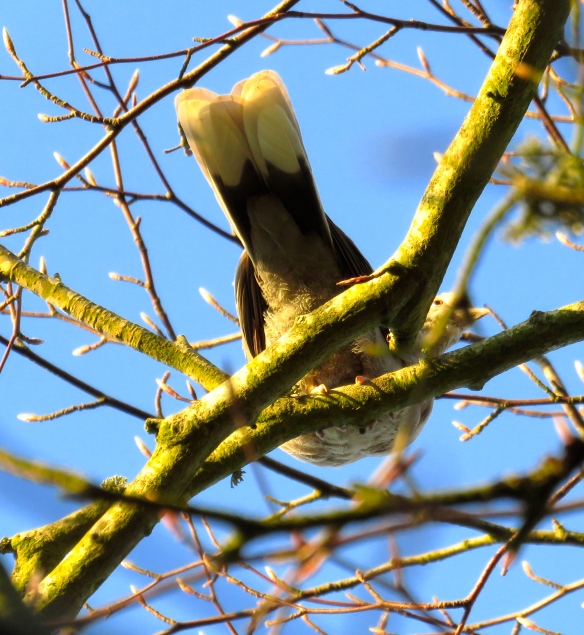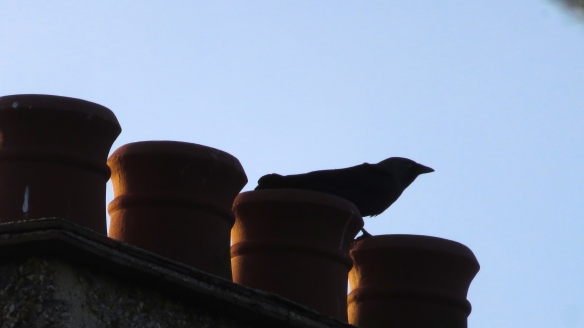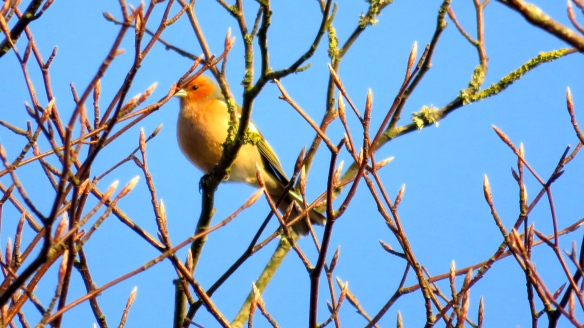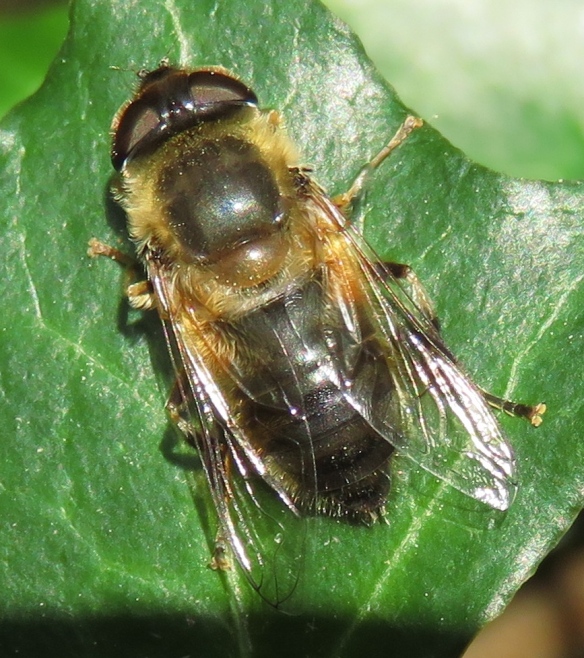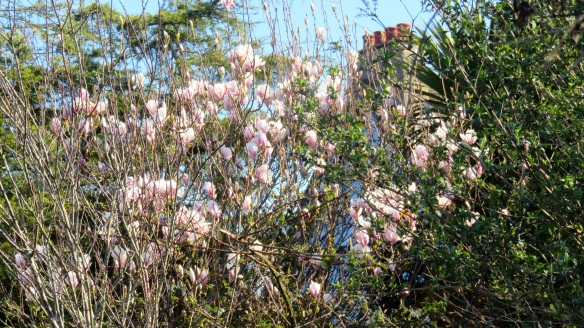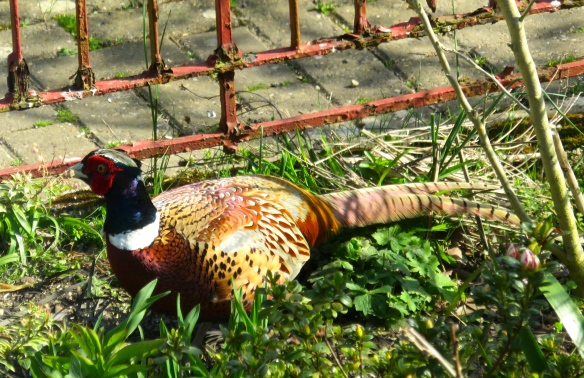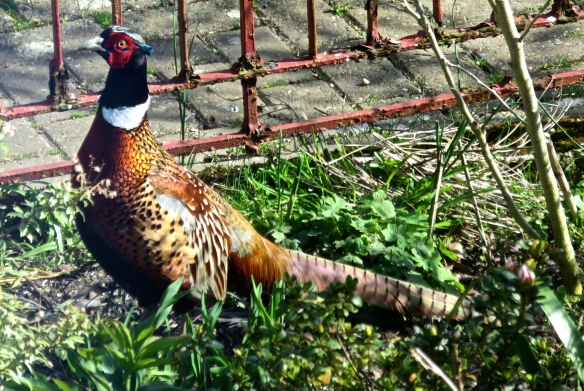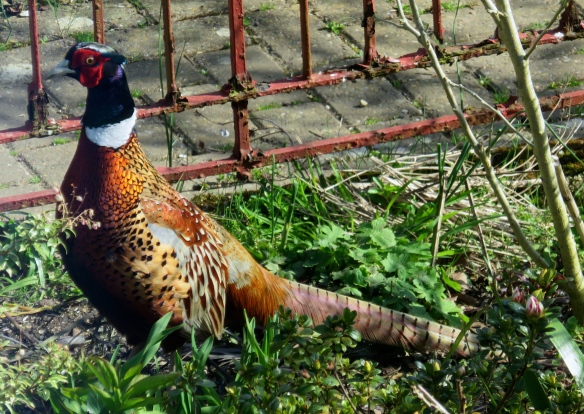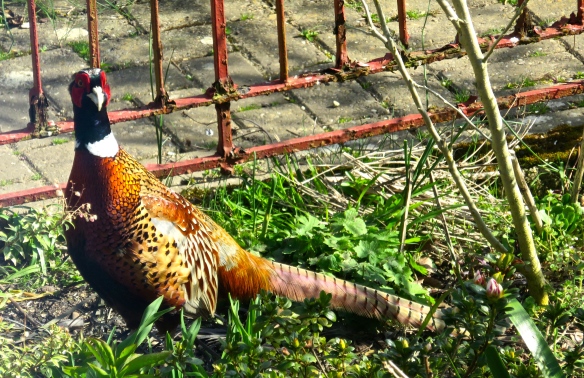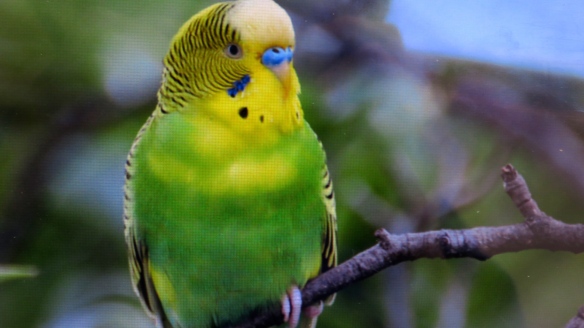I began the day by reading three more of Anton Chekhov’s short stories and scanning one illustration.
In her introduction to ‘Kashtanka’ (1887) Elisaveta Fen quotes a letter from Chekhov’s friend, the poet Polonsky, who wrote ‘the ending is not only unexpected but also significant, and this is most important. The colour of the language fully corresponds to the place, time and character of your protagonists.’
I will say no more about this finely crafted tale except that it is told from the, especially olfactory, perspective of a mongrel dog; and that the significance of the unexpected ending is, to me, that early attachment, despite abuse, is often paramount – in humans as well.
The next two tales benefit from the author’s medical qualification and practice.
‘The Enemies’ (1887) features a scene in which someone has just died as described by one who, as a physician, knows just how it could be. Fen says ‘Its atmosphere is conveyed with economy of detail, the impact of which on the reader’s imagination is the greater for this.’ Chekhov conveys the immediate impact of grief, with an understanding of psychology, whilst allowing that this will subside over time. The mutual hatred of the enemies, each from a different class, is ultimately extended to all other members of their respective classes. Such divisions still hold good today.

‘Varka steals up to the cradle and bends over the baby’ illustrates ‘Sleep. . . sleep’ (1888), which Chekhov himself apparently did not rate too highly.
I have to agree with the translator that ‘the story is a remarkable example of ability to identify with a young peasant girl, driven half-insane by deprivation of sleep, and to describe the visions that drift through her mind – visions and memories which, in a few sentences, paint the whole of her background, making this story a minor masterpiece.’ The effects of mental exhaustion are conveyed with personal and professional insight giving the author a highly developed capacity for empathy. I imagine there will be many, confined by Covid lockdowns to high-rise flats with no gardens, who identify with this.
This afternoon, while Jackie watered thirsty plants, I, accompanied by the soothing burble of the water feature, weeded



the final arm of the Rose Garden Brick Paving,

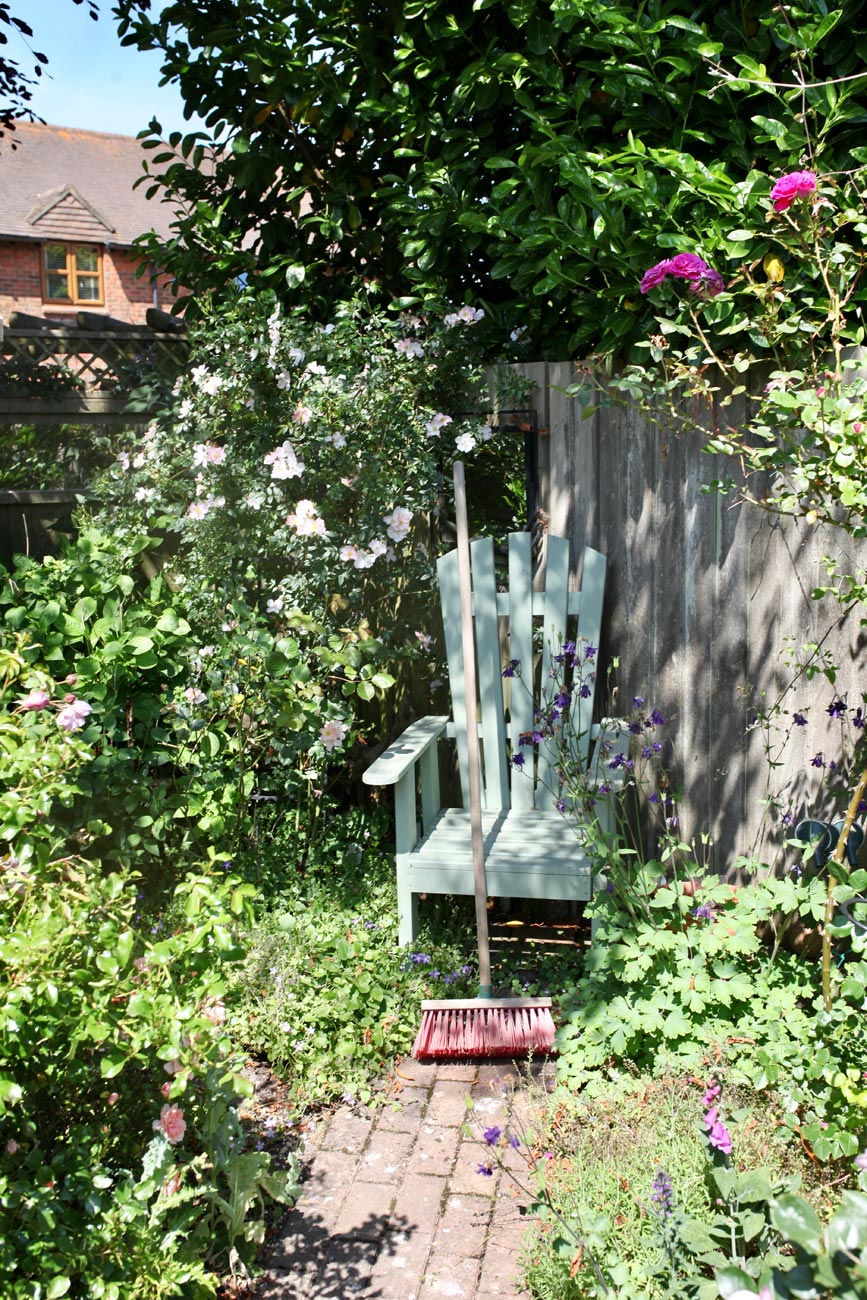
leaving three sets of stepping stones still to be cleared. I left the broom propped on the wooden chair in the shady corner.
This evening we dined on Jackie’s delicious lamb jalfrezi and savoury rice, with which she drank more of the Salento Rosato and I finished the Fleurie.
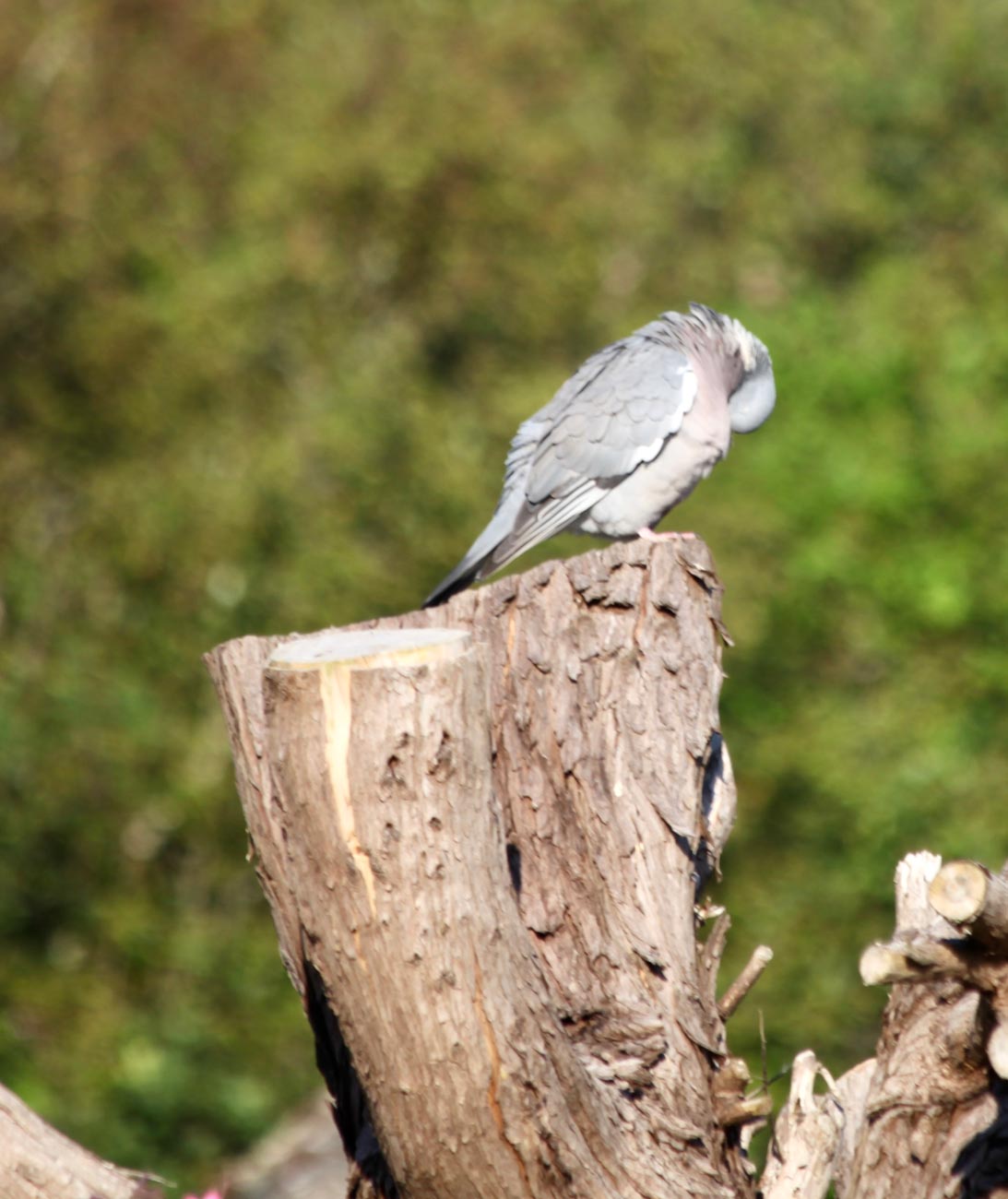

We began our drinks on the patio where, while we watched a preening wood pigeon, we were joined by the lonely collared dove which lost its mate to a predator earlier in the year.



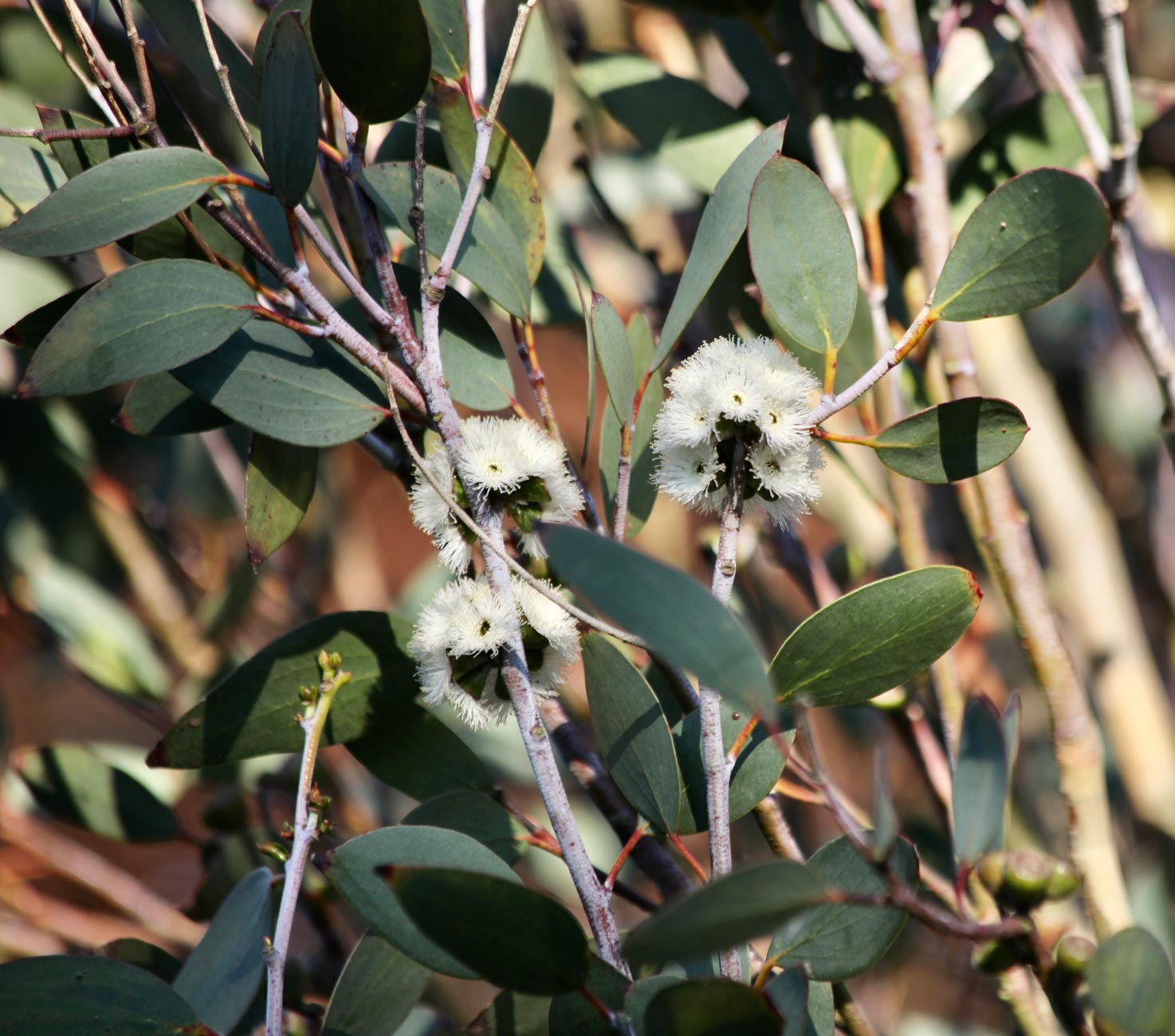
We could also see that three of our Antipodean Arboreal Delights are now blooming simultaneously. The cordyline Australis has a heady honeyed scent that pervades the garden; the yellow bottle brush plant attracts bees, one of which, with a filled sac, is homing in in the picture; and the eucalyptus flowers take on the guise of little furry creatures.










